The American Academy of Pediatrics (AAP) has warned parents about the dangers of heating plastics, even in the dishwasher.
In a report published in the latest edition of Pediatrics the AAP has shared the health risks of reheating plastic items in the microwave and even putting them in the dishwasher.
Children are more sensitive to chemical exposures because they eat and drink more, relative to body weight, than adults do, and are still growing and developing, according to AAP.
“Since heat can cause plastics to leak BPA and phthalates into food, avoid microwaving food or beverages (including infant formula and pumped human milk) in plastic when possible,” the report says. “Also try to avoid putting plastics in the dishwasher.”
“As pediatricians, we’re especially concerned about significant gaps in data about the health effects of many of these chemicals on infants and children,” study lead author Dr Leonardo Trasande explained.
“Chemicals that affect the endocrine system, for example, can have lasting effects on a child since hormones coordinate complex functions throughout the body,” Dr. Trasande said. “Even small disruptions at key moments during development can have lifelong consequences,” he said.
“There are critical weaknesses in the current food additives regulatory process, which doesn’t do enough to ensure all chemicals added to foods are safe enough to be part of a family’s diet.”
The AAP recommends safe and simple steps families can take to limit exposures to the chemicals of greatest concern.
These include:
- Buy and serve more fresh or frozen fruits and vegetables, and fewer processed meats–especially during pregnancy.
- Since heat can cause plastics to leak BPA and phthalates into food, avoid microwaving food or beverages (including infant formula and pumped human milk) in plastic when possible. Also try to avoid putting plastics in the dishwasher.
- Use alternatives to plastic, such as glass or stainless steel, when possible.
- Avoid plastics with recycling codes 3 (phthalates), 6 (styrene), and 7 (bisphenols) unless they are labeled as “biobased” or “greenware.”
- Wash hands thoroughly before and after touching food and clean all fruits and vegetables that cannot be peeled.
“Despite a tough political climate, there is an urgent need for decision makers to fix this issue,” Dr. Trasande said, “starting by rolling back the presumption of safety for chemicals added to foods.”
Share your comments below
We may get commissions for purchases made using links in this post. Learn more.
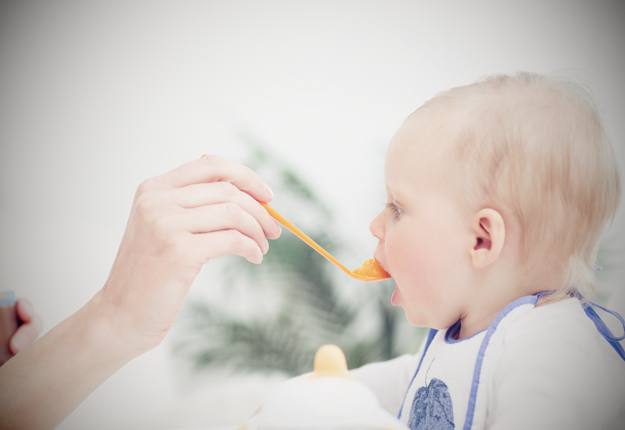
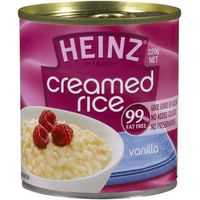

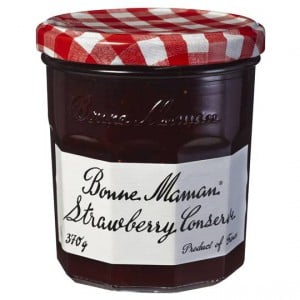
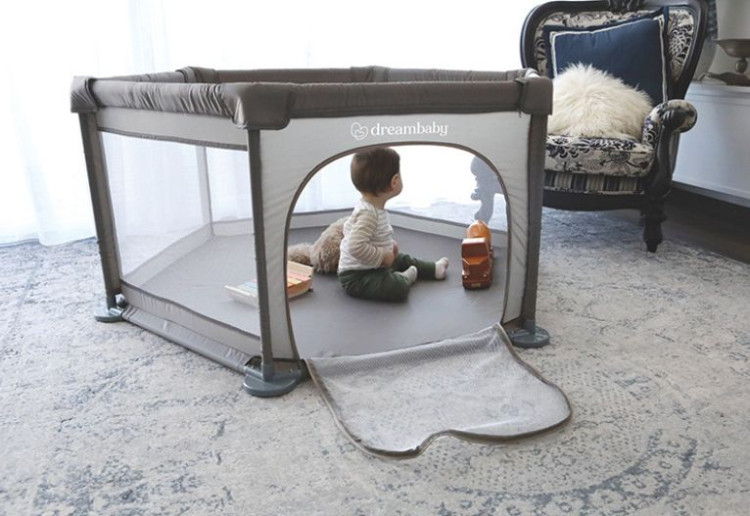



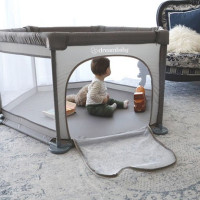











-

-
-
-
meedee said
- 17 Oct 2022
Reply
-
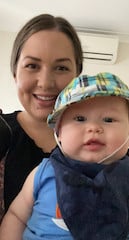
-
-
-
mom486391 said
- 18 May 2022
Reply
-

-
-
-
mom81879 said
- 02 Nov 2018
Reply
-

-
-
-
Blossom said
- 02 Sep 2018
Reply
-

-
-
-
ella12 said
- 13 Aug 2018
Reply
-

-
-
-
rovermum said
- 13 Aug 2018
Reply
-

-
-
-
musicmum said
- 11 Aug 2018
Reply
-

-
-
-
mom199367 said
- 11 Aug 2018
-

-
-
-
mom90758 said
- 10 Aug 2018
Reply
-

-
-
-
Ellen said
- 10 Aug 2018

Reply
-

-
-
-
mom265671 said
- 09 Aug 2018
Reply
-

-
-
-
mom114371 said
- 09 Aug 2018
Reply
Post a comment2:50 pm
11:00 pm
7:47 am
1:44 pm
2:54 pm
10:14 am
5:25 pm
9:29 am
-

-
-
-
musicmum replied
- 11 Aug 2018 , 5:23 pm
-

-
-
-
mom199367 replied
- 15 Aug 2018 , 8:18 pm
Reply1:26 pm
3:27 am
11:29 pm
1:05 pm